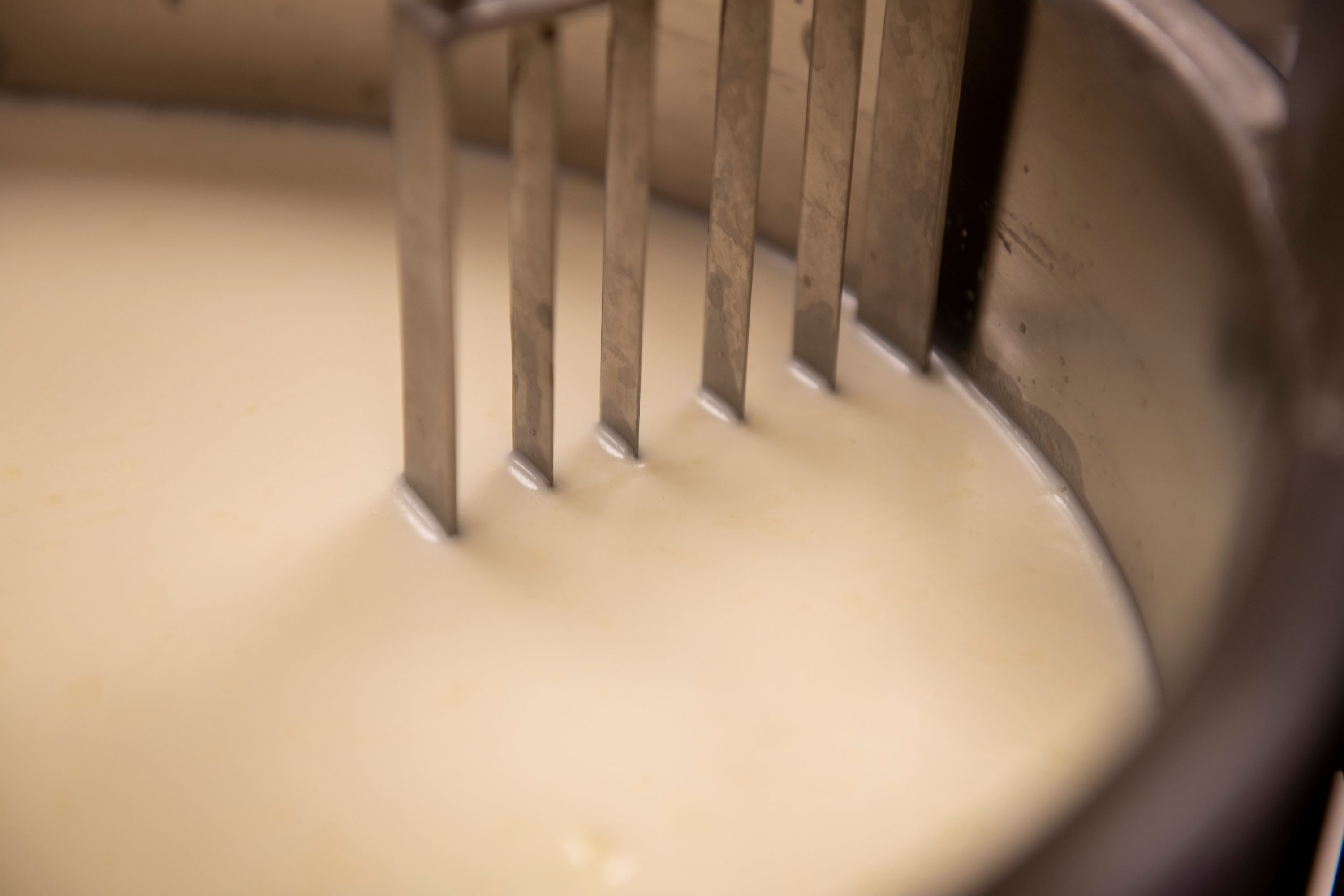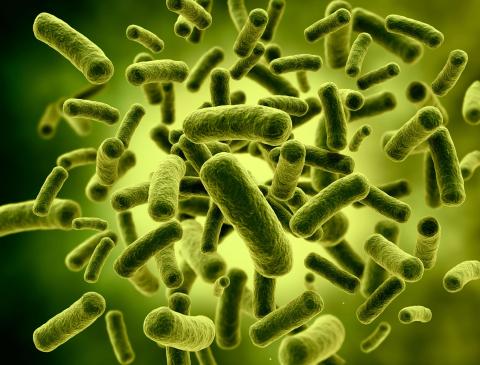Metagenome sequencing of bacteria, fungi, and yeasts present in more than 2,500 foods
An international team with Spanish participation has developed a database with the metagenome of bacteria, fungi, and yeasts present in more than 2,500 foods, mostly dairy products, followed by beverages and fermented meats. The authors identified more than 10,800 microorganisms, half of which were previously unknown species. The study, published in Cell, shows that food-associated microorganisms are present in 3% of the adult gut microbiome and 56% of that of newborns.

Baltasar Mayo Pérez - microbioma alimentos EN
Baltasar Mayo Pérez
Research Professor at the Institute of Dairy Products of Asturias (IPLA-CSIC)
The reference article published in Cell by Carlino and collaborators represents a significant collaborative effort among various European research centers from different countries. This work has been funded by the MASTER project of the European Union’s Horizon 2020 program and is, in some way, continued in the new DOMINO project funded by the European Union’s Horizon Europe program, which is currently being developed.
This work represents, by far, the most significant scientific effort for the microbiological characterization of fermented foods (dairy, meat, fish, cereals, etc.) and their respective raw materials, using the latest generation massive sequencing techniques and the most advanced computational tools. The microbiomes of these products present enormous microbial diversity, both in prokaryotic organisms (bacteria) and eukaryotic organisms (fungi and yeasts), much of which turned out to have no cultivated representatives.
As a result, as the authors themselves propose, one of the first future research actions will be directed toward selective culturing to recover these new taxa and characterize them in depth, which will include tests to estimate their practical and safe use. Only in this way could these new microorganisms potentially be used as starter cultures or adjunct cultures in the fermentation of the foods from which they are isolated, or to initiate other new ones.
The contribution of food microbiomes to the human gastrointestinal microbiome in adults, which could have implications for maintaining intestinal microbial homeostasis linked to health, seems modest. Only 3% of the food species taxa are also found as components of adult gut microbiome. However, there are clear indications that foods are what causes the presence of the yeast Saccharomyces cerevisiae in the human intestine, which is otherwise abundant in many foods.
It would be desirable to continue this microbiological characterization by including more samples and more diverse foods, which will allow, in the future, the identification of unique microbial food markers, as well as the reliable use of these techniques to ensure the traceability and authenticity of foods, as the authors propose.
Cristian Díaz - microbioma alimentos EN
Cristian Díaz-Muñoz
Postdoctoral researcher at Gastrointestinal Genetics Lab, CIC bioGUNE - BRTA (Basque Research & Technology Alliance), Derio (Vizcaya)
This study is the largest effort to date to characterise food microbiologically, especially fermented foods. Without a doubt, the database constructed (curatedFoodMetagenomicData, cFMD) is a true atlas for any microbiologist and, therefore, a starting point for future research in the field of food biotechnology.
At the same time, it highlights the dimension of the so-called microbial dark matter that still exists today in the world of microbiology in general and food microbiology in particular, with direct consequences on aspects as important and immediate as food safety.
Moreover, the link between food microbiology and the human microbiota established by the authors not only confirms the popular saying that ‘we are what we eat’ but also reaffirms the foundations on which to build quality probiotic foods containing microorganisms with a proven ability to colonise the digestive tract and have a positive effect on intestinal health.
Finally, I would like to emphasise, as the authors rightly do, the importance of yeasts as an essential part of the human microbiota. Yeasts that are omnipresent in our diet (beer, cheese, wine...) but are often ignored in studies on gut health and microbiota.
Carlino et al.
- Research article
- Peer reviewed
- Experimental study



